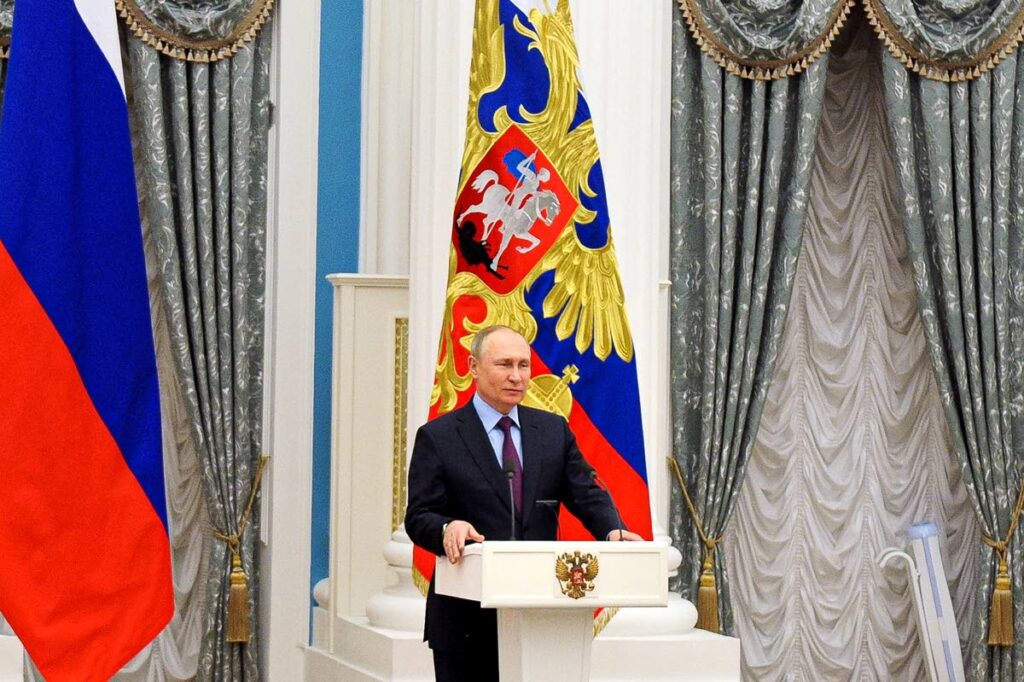Weathering the storms to come

THIS COUNTRY must immediately bolster its efforts to achieve food security, energy sustainability and cyber infrastructure resilience, in light of Russia’s siege of Ukraine.
It has always been important that we become self-sufficient. It is now critical.
We must make a better effort at putting our house in order, given the prospect of a prolonged period of political and economic instability on the global stage.
It is not just a matter of Vladimir Putin’s horrific and unjustified assault on the Ukrainian people, his flagrant attack on the global political order, and his plunging Europe into its worst crisis since World War II.
It is also Mr Putin’s threat, to any nation that seeks to fight against his putsch, that he is prepared to unleash “consequences they have never seen.” This has widely been taken to be a reference to the use of nuclear weapons, which could have catastrophic global effects, but there are many other possibilities – all bad.
Russia has already begun to engage in cyberwarfare, with cyber attacks earlier this month serving as the prelude to the invasion of Ukraine, where government agencies were massively disrupted a few days ago.
With the imposition of fresh sanctions by western powers, there was fresh concern on Friday about retaliatory cyber attacks on the US and its allies, both inside and outside NATO. The goal of these attacks could be simple: to sow chaos.
Private and public entities in this country already have experience of the debilitating effects of cyber attacks and malware, some of which have been traced to Russian actors.
There remain, however, too many questions about widespread systemic vulnerabilities, questions that are intensified when events like last week’s crippling, costly – and still unexplained – blackout occur.
The conflict in Europe has already triggered fears about key food commodities such as wheat at a moment when the covid19 pandemic had already disrupted distribution systems and triggered price hikes.
The outbreak of global conflict, coming at a moment of climate crisis, too, can only exacerbate the uncertainties.
For decades, governments have paid lip service to boosting food production. But measures to do so have not yielded the results necessary to eliminate our reliance on food imports. That reliance must stop.
We need to move away from mere fiscal incentives and directly boost skills training, enforce agricultural land-use policies and influence consumer habits in a meaningful way beyond simply lecturing to people to "buy local."
As Russia – and other powers looking on – seek to reorder the world by rekindling the embers of dead empires, major questions about the planet’s energy usage will also reach a fever pitch, making it imperative that we explore solar and green energy.
We must be ready to weather coming storms on our own.


Comments
"Weathering the storms to come"